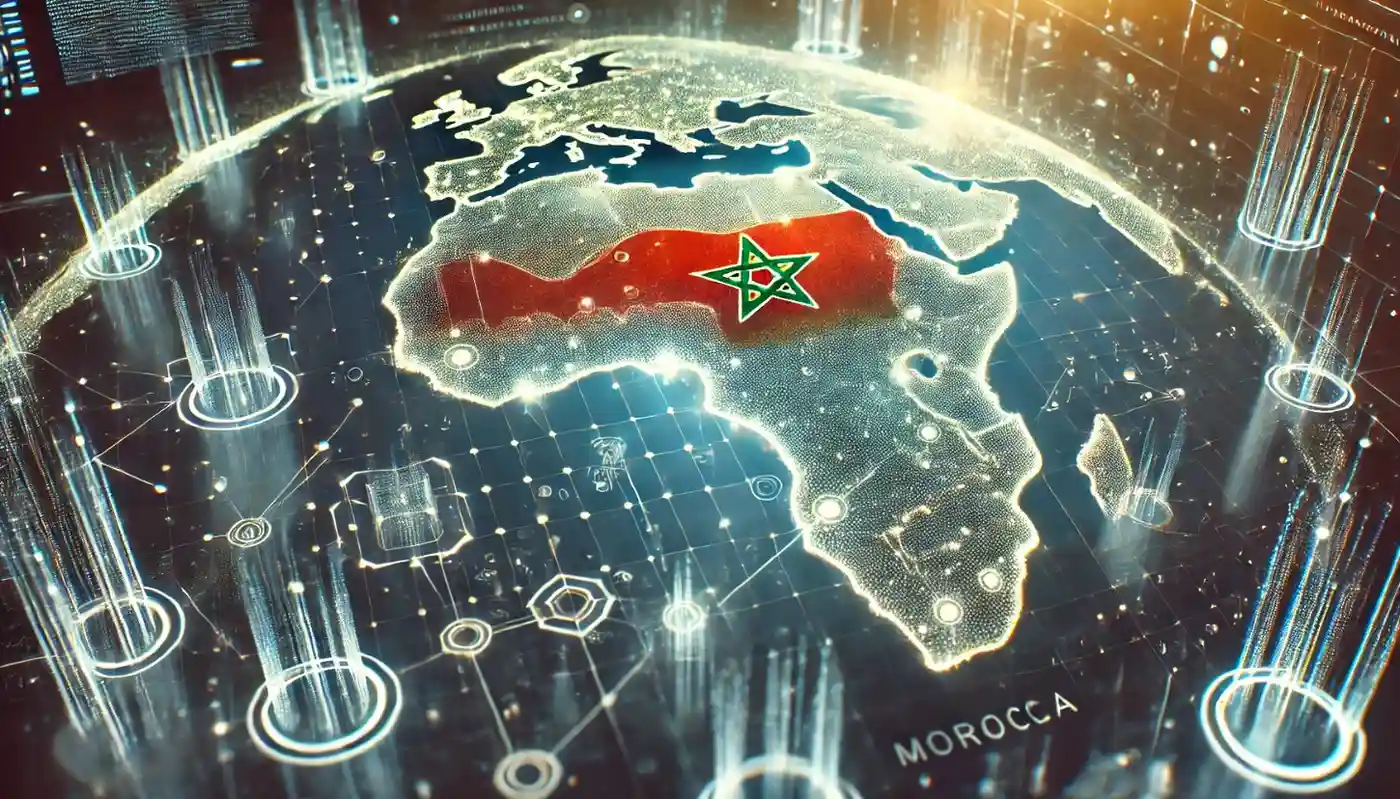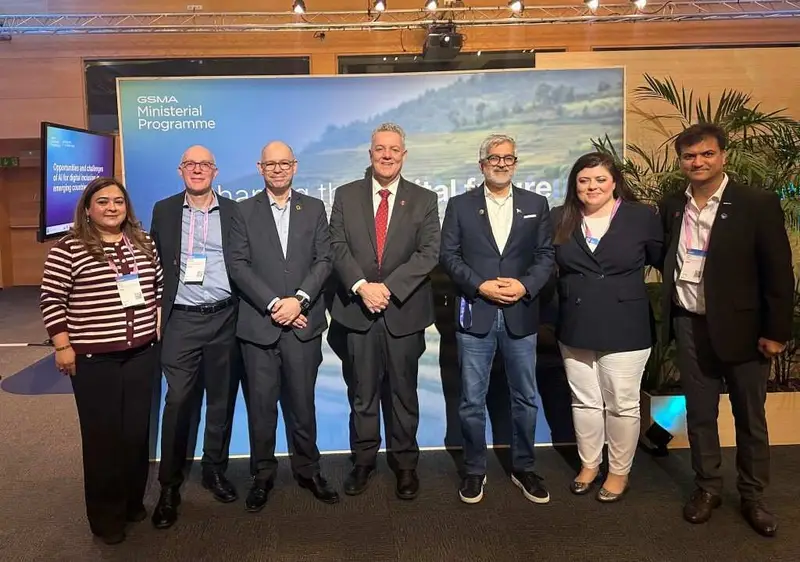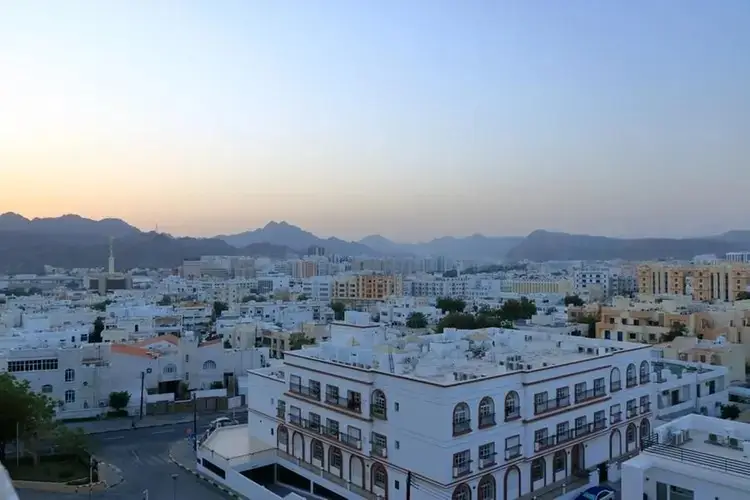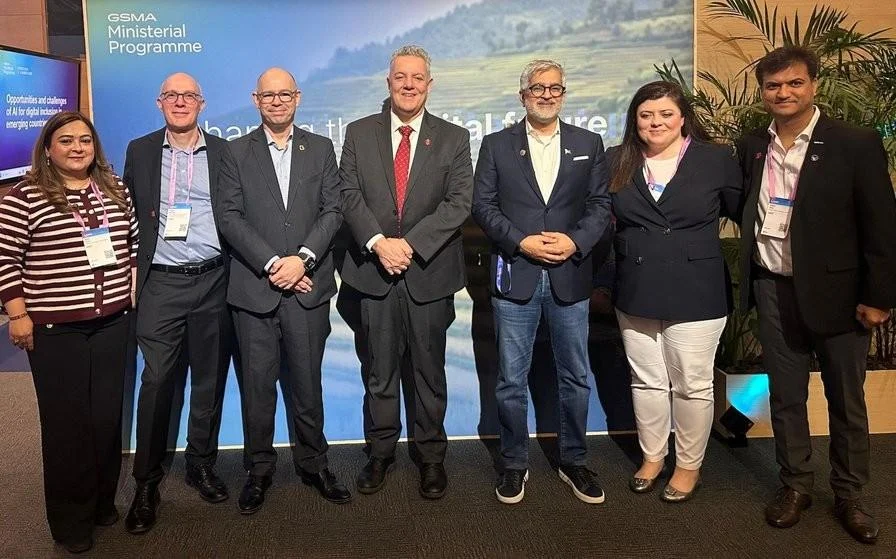Morocco is positioning itself as a digital hub and trendsetter in Africa, driving inclusive and sustainable transformation as the continent embraces the rapid evolution of its digital landscape. This commitment was highlighted during the G20 Compact with Africa’s peer-learning event on digital investments, held in Rabat from December 2 to 4.
The event brought together African leaders, international partners, and industry experts to exchange strategies and discuss actionable steps to foster digital innovation across Africa. It further reinforced Morocco’s role as a leader in digital transformation on the continent.
At the event, Amal El Fallah Seghrouchni, Morocco’s Minister Delegate for Digital Transition and Administrative Reform, outlined the country’s strategy for digital transformation. Seghrouchni emphasized the importance of building essential infrastructure and fostering a digital culture to ensure digital inclusion. Her vision aims to improve access to information and communication technologies (ICT) across all sectors of society, establishing a more inclusive economy.
Seghrouchni also highlighted that digital inclusion is not just about technology, but a powerful driver of societal change. “Closing the digital gap is crucial for improving productivity, public service quality, and fostering innovation,” she said, adding that Morocco is ready to share its expertise with other African nations on their digital transformation journeys.
Germany’s Ambassador to Morocco, Robert Dölger, acknowledged Morocco’s critical role as a key economic and digital link between Africa and Europe. He praised Morocco as a regional model not only for its digital progress but also for its capacity to promote cooperation between continents.
Morocco’s strategic reforms, investment-friendly policies, and geographical advantage have positioned the country as a leader in Africa’s digital transformation.
Ebrahim Edries, South Africa’s Ambassador to Morocco, praised Morocco’s leadership in sectors like renewable energy, automotive manufacturing, and aerospace, suggesting that Morocco could help direct private investments into key areas such as energy, agriculture, healthcare, and education for Africa’s future development.
Brazil’s Ambassador to Morocco, Alexandre Guido Lopes Parola, emphasized the importance of long-term investments to drive Africa’s economic integration. He stressed that digital inclusion is crucial in reducing inequalities and improving competitiveness across the continent.
Ed Brown, Senior Director of Research and Policy at the African Center for Economic Transformation (ACET), echoed the need for digital investment to foster job creation, productivity growth, and economic advancement in Africa. He called for deeper public-private partnerships to unlock these opportunities.
As Morocco continues to lead Africa’s digital evolution, its strategic investments and collaborations are helping shape a digitally inclusive future for the continent. Technology is increasingly becoming a key driver of empowerment and economic resilience for Africa.















